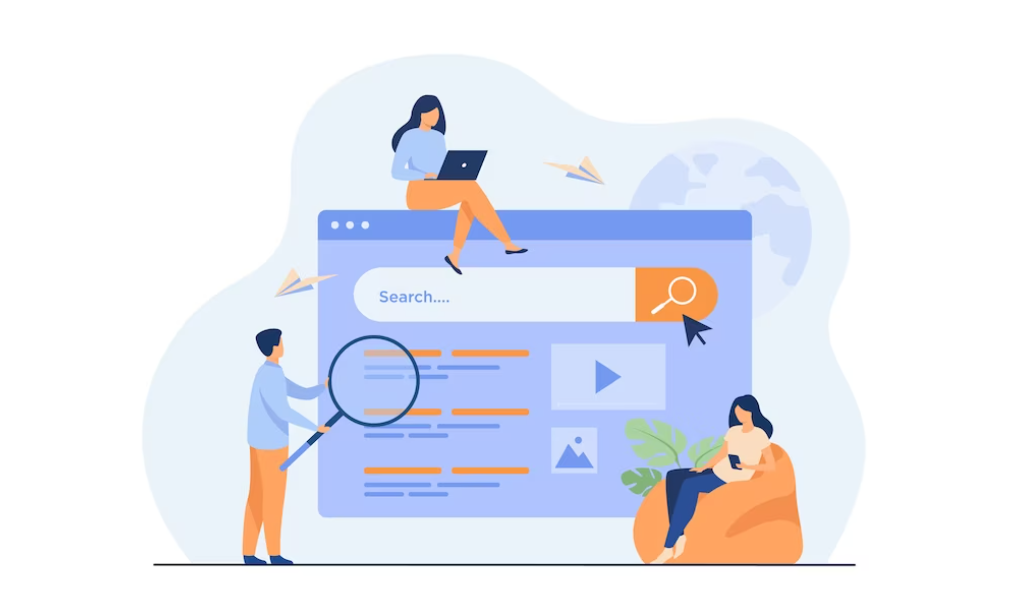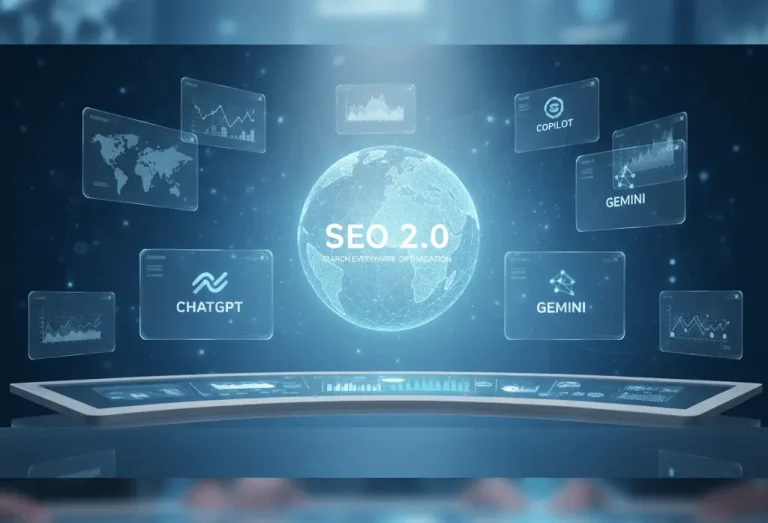In the world of digital marketing, SEO (Search Engine Optimization) strategies must constantly evolve to keep up with changing algorithms and technologies. Google, with hundreds of algorithm updates every year, aims to make search results more accurate, user-friendly, and of higher quality. In this process, artificial intelligence (AI) plays an increasingly significant role, transforming how SEO strategies are developed. In 2024, effectively leveraging AI-powered SEO techniques is critical for improving your website’s visibility and aligning with Google’s algorithm. Here are ways to use AI-powered SEO strategies to stay on top of Google’s updates.
1. AI for Keyword Research and Content Planning
AI can make keyword research faster and more accurate. Traditional keyword research methods often involve manual analysis and tools, whereas AI-powered tools automate much of this process. AI can understand user intent, offering broader and more precise keyword suggestions. This is a key step in the content planning process, which forms the foundation of your SEO strategy.
AI constantly analyzes Google’s search algorithm to determine what factors it prioritizes. SEO tools powered by AI can identify which keywords are trending, which terms are searched more, and which pieces of content are frequently clicked and shared. These insights will help guide the focus of your content and inform which keywords you should invest in.

2. Enhancing User Experience with Google RankBrain and AI
Google ranks search results with a growing emphasis on user experience (UX). RankBrain, a Google algorithm that uses machine learning, tries to understand user intent to rank search results more accurately. AI technologies analyze user interactions, personalizing search results. Thus, creating a user-friendly experience on your website is crucial for SEO success.
Factors like website speed, mobile optimization, visual and textual content organization, and usability all impact user experience. AI-powered SEO tools analyze user behavior and provide insights into which areas of your website need improvement. With these AI-driven insights, you can make changes that enhance page load times, optimize for mobile devices, and deliver a seamless, user-friendly experience.
3. Content Optimization and Search Intent with AI
Google’s algorithm aims to rank content that best matches user intent. Therefore, content optimization is not just about focusing on keywords; it’s about understanding and creating content aligned with search intent. AI can help optimize your content to match search intent.
AI tools analyze content around a particular keyword or topic and offer suggestions for content optimization. This includes SEO elements such as title tags, meta descriptions, content length, and structure. AI also analyzes the meaning behind your content and suggests improvements to ensure your writing is comprehensible to Google’s algorithm.
4. Voice Search and AI in SEO
Voice search is a growing trend that search engines are increasingly prioritizing. AI and natural language processing (NLP) technologies are improving voice search results. Google rewards more natural, question-based searches in voice queries, which requires stepping beyond traditional keyword-based SEO.
To align your content with voice search trends, optimize your website for voice queries. AI-powered tools analyze voice search terms and ensure that your content aligns with natural, conversational queries. Furthermore, focusing on long-tail keywords and natural language usage is key to capturing voice search traffic.
5. AI for Link Building and Backlink Analysis
Backlinks remain a crucial element of SEO strategy. Google uses high-quality, trustworthy backlinks to boost a website’s authority. AI can make backlink analysis more efficient by helping you determine which links are truly valuable.
AI tools analyze your competitors’ backlinks and which sites they are linking to, helping you identify valuable backlink opportunities. AI can optimize your link-building strategy by pinpointing potential sites where you could gain authoritative links, which in turn can boost your SEO performance.
Artificial intelligence is revolutionizing the SEO landscape. As Google’s algorithm becomes smarter, AI-powered SEO strategies can help digital marketers adapt to these changes. From keyword research to content optimization, user experience improvements to backlink analysis, AI can make your SEO efforts more efficient and effective. By leveraging these technologies, you can stay in sync with Google’s updates, boost your rankings, and increase your online visibility in 2024. AI-driven SEO will be the key to successful digital marketing strategies in the coming years.





